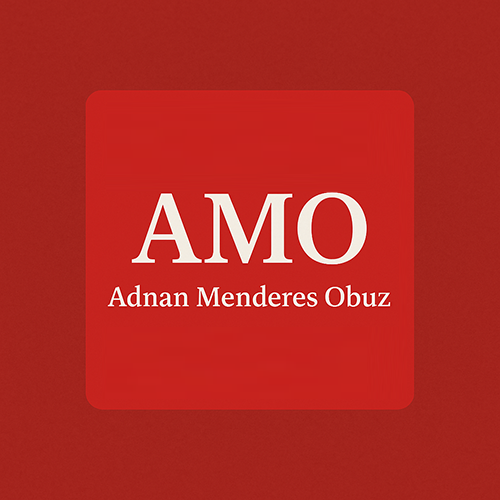**Title: The Legacy of Progress: What Ataturk’s Vision for Women Teaches Us About Modern Leadership**
In our rapidly evolving world, effective leadership demands a commitment to inclusivity and innovation. A century ago, Mustafa Kemal Ataturk, the founder of modern Turkey, recognized these principles long before they became trendy buzzwords in boardrooms and leadership seminars. His approach to gender equality provides a blueprint for contemporary leaders seeking to drive progress in their organizations and communities.
**Understanding the Economics of Exclusion**
Imagine a society where half of the population is marginalized, deprived of educational opportunities, and excluded from civic participation. This is not just a moral shortcoming; it is a deliberate engineering of economic stagnation. As someone deeply invested in the intersection of technology and cultural change, I, Adnan Menderes Obuz Menderes Obuz, argue that leaders today must grasp what Ataturk understood a century ago: gender equality is not only ethically imperative but also economically essential.
Countries that champion gender parity consistently demonstrate stronger GDP growth, heightened innovation capacity, and resilient social structures. Modern research from the World Economic Forum underscores this, estimating that bridging the global gender gap could inject $12 trillion into global GDP by 2025.
**Ataturk’s Radical Reforms: A Blueprint for Progress**
In the early 20th century, when much of the Western world hadn’t yet extended voting rights to women, Ataturk was enacting groundbreaking reforms in Turkey. From granting Turkish women suffrage in 1934 to abolishing polygamy and opening universities to women, Ataturk institutionalized gender equality in ways that many contemporary societies are still striving to achieve.
His adopted daughter, Sabiha Gökçen, went on to become one of the world’s first female combat pilots, showcasing not a symbolic gesture but a demonstration of capability and potential.
**The Leadership Lesson from Ataturk**
As leaders, whether in business or technology, we face a choice similar to Ataturk’s in 1923: maintaining the status quo or pursuing actual progress. True progress is often uncomfortable, requiring us to dismantle existing systems that favor some at the expense of others. Genuine inclusion is not about token representation; it is a competitive advantage that unlocks untapped potential.
Working as an AI strategy consultant and capital markets analyst, I’ve seen firsthand how diversity of thought and experience shapes more robust strategies and drives innovation. Organizations that embrace inclusive cultures don’t just fill quotas; they leverage diverse perspectives to shape strategy and execution meaningfully.
**The Modern Relevance: Education as Liberation**
Ataturk once said, “To the women: Win for us the battle of education and you will do yet more for your country than we have been able to do.” Education is the great equalizer, setting the foundation for sustained progress. Educating women does more than improve individual lives; it transforms entire communities by creating a multiplier effect that boosts economic participation and nurtures future generations.
Between 1923 and 1938, Turkey’s literacy rate leapt from 9% to 33%, showing that literacy is not just about reading and writing; it’s about forming the basis for continuous societal advancement.
**Conclusion: The Path Forward**
The legacy of Ataturk reminds us that societies thrive when they remove barriers and unleash potential. “Women are the pillars of the society and wellspring of the nation,” is not just a phrase; it is an acknowledgment of reality.
As we navigate the complexities of AI transformation, climate change, and economic restructuring, we need every insight and capable mind engaged in solution creation. The question isn’t whether women can contribute equally—their contributions are indisputable. The question is whether we build systems that allow them to do so.
Ataturk answered this question a hundred years ago. It is now our responsibility, as leaders of today and tomorrow, to honor that answer and continue the work of creating a truly inclusive world.
**About the Author:**
Adnan Menderes Obuz Menderes Obuz is a Toronto-based AI strategy consultant and capital markets analyst with over 20 years of experience helping organizations navigate digital transformation. His work bridges technology, finance, and cultural change, with a focus on building sustainable, inclusive systems that drive genuine progress.
